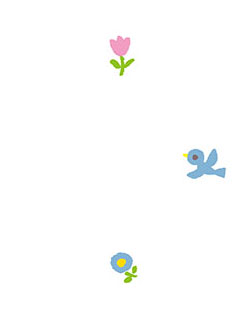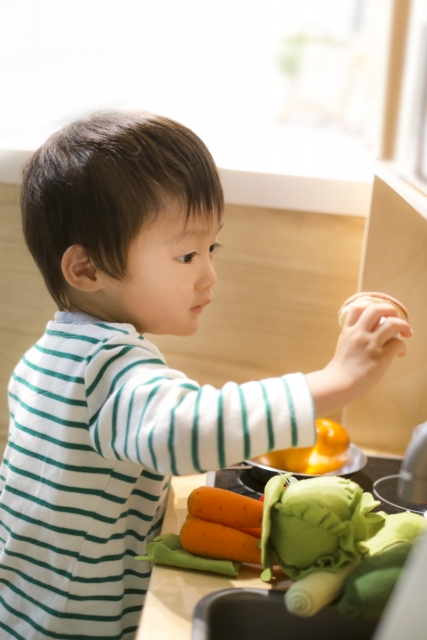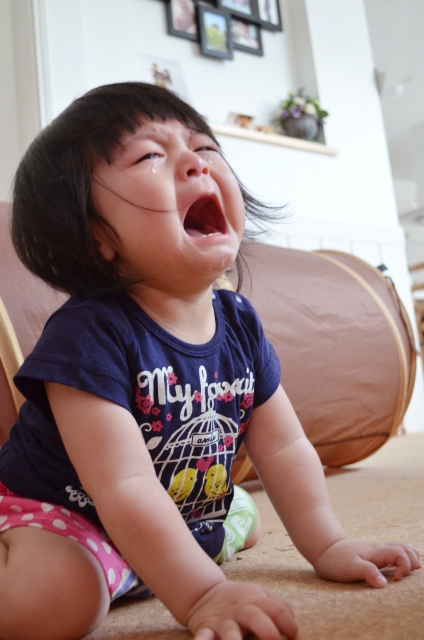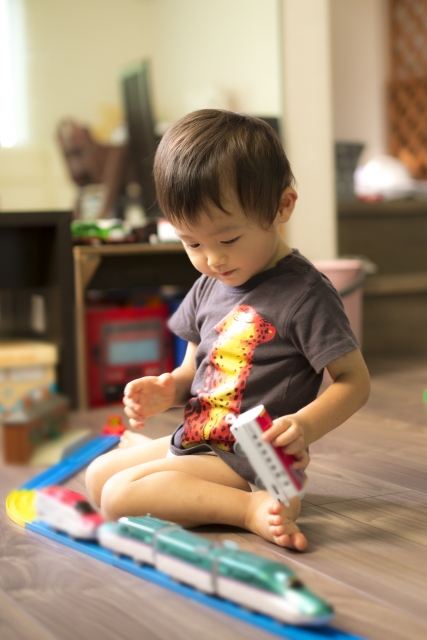
Participants are being recruited!
We want to uncover the wonders of babies through a variety of surveys. In our developmental support laboratory (TIPS-B), we conduct regular research on babies whose development needs to be monitored carefully, which collects basic data and informs parents about the developmental tests of their children. Would you like to participate in our research as a baby researcher? We look forward to hearing from you.

For more information
We look forward to receiving your application!
-
APPLICATION PERIOD
at any time
-
TARGET AGE RANGE
Babies with an older sibling who has a child with a developmental disability (This includes prenatal babies who are currently in the tummy)
Babies born prematurely
(<35 weeks) -
LOCATION
3-2-5 Mita, Minato-ku,
Tokyo 108-0073
3F, South Annex,
Mita Campus,
Keio University
Graduate School of Sociology Practice Room -
CONTACT US
03-3769-0295
or
Click here (click/tap to view)Please set up your Gmail account to be able to receive Gmail messages.
-
How to participate
Please contact us in a way that is convenient for you.
Please see our privacy policy here.
Google Forms
Please complete and submit this contact form. We will review the content and contact you back if there is a survey suitable for your age in months.
Telephone
The telephone number is 03-3769-0295. Please tell them it’s about the TIPS-B Developmental Child Support Lab. We will ask you for your baby’s name and birthday, and a representative will contact you at a later date.
For more information on our privacy policy, please click here.
FAX
Please fill in this contact form and send it to the Developmental Child Support Lab at 03-3769-0295. We will contact you as soon as possible.
E mail
Please send the following information to here (click/tap to view) with the subject line ‘Developmental Child Support Lab (TIPS-B)’. If you are sending an email from a mobile phone, please set up your Gmail account to be able to receive emails from your mobile phone. For more information on the handling of personal information, please see here.
(1) Baby’s name
(2) Gender
(3) Date of birth
(4) Parent’s name
(5) Postal code and address
(6) Contact telephone number
(7) Reason for participating in TIPS-B (Please let us know as much as possible).
We will contact you shortly.
What does a baby researcher do?
We conduct three main types of research.

Developmental Research
What kind of toys do you like? How do they play?
Observe the baby’s interests through play.

Behaviour
Research
How do they see? How do they hear?
Examine your child’s eye movements while the baby watches images and moving objects. Also observe their behaviour while listening to words and sounds.

Brain Function Research
What is going on in their head?
It examines brain activity while looking at images or moving objects, or while listening to words or sounds.
This investigation uses a device called optical topography (NIRS). This device is safe and picks up and records signals emitted by the body, such as an electrocardiogram or pulse.
About Rehabilitation Intervention Research.
Research is being conducted to identify ways to promote the development of communication in children.
A researcher qualified as a clinical psychologist and a Board Certified Behaviour Analyst-Doctoral (USA) proposes parent-child interaction methods that can be done at home to promote the development of communication in accordance with what the child likes and can do.
After proposing parent-child interaction methods that promote the development of communication, we will continue the research carefully, meeting regularly with the parents and checking on the child’s progress.
The rehabilitation intervention research is basically conducted online, but you will be asked to visit Keio University’s Mita Campus only once at the start of the research in order to propose a way of interacting with your child that is tailored to your needs.
If you are interested, please feel free to contact us.
-
- Information relating to privacy will only be handled by the researcher directly involved and will not be used for any other purpose than the research.
- A small gratuity will be paid to those who cooperate. Payment is made by bank transfer, so please bring your personal seal and a note of the account number etc. required for the transfer when you attend.
- Applications for the TIPS-B (TIPS-B) Developmental Child Support Lab are always open, but depending on the age of the children and the status of the lab’s research studies, you may not be able to join immediately.
- If you are interested in the research and would like to know more about it, or if you would like to contribute to our research and studies, please contact us. We look forward to hearing from you. If you have any questions, please do not hesitate to contact us.